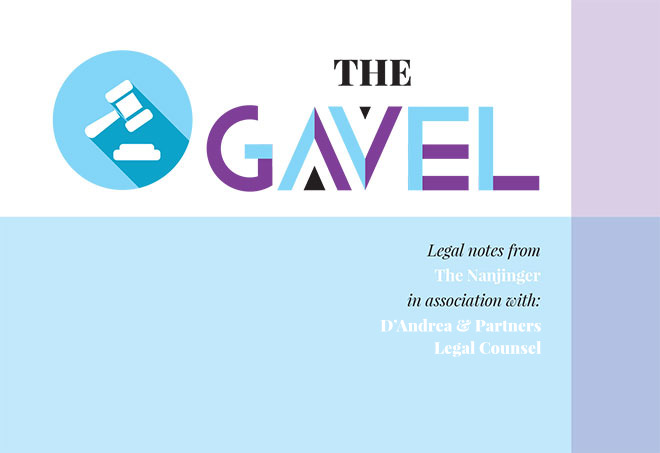Within 40 years, contemporary China has faced upheavals of epochal proportion, a transformation that took 400 years for the Western world. Therein, radical changes in politics, philosophy and family relations.
Thanks to the imperial power, the word People (rénmín; 人民) became something incredibly powerful, and for many, this was the first word one had to learn to read, even before one’s parents’ names or one’s own name.
This led to the thinking, “We are the people and the people are us”.
People had a structured life, relating to both work and personal aspects. Everything done or made was for everyone, for, as said, the people, for China. Individualism was not even in the way of thinking and people were proud of working together for something bigger and meaningful. Saying or doing something that could have led to be marked as “counter-revolutionary” meant one would face social failure, together with one’s family.
- Sexual Harassment & Other Illegalities in the Gyms of China
- Laws of Living; 4 Top Legal Concepts for Foreigners in China
- AI Face Swapping; the Legalities of Personal Data Security
Enforcing this situation, during the Cultural Revolution’s first steps, there were the “dazibao” (大字报). At that time, such posters were used to expose counter-revolutionary behaviour. Being publicly displayed along the streets, to see one’s name on it meant social failure and the judgement of others. This was also a way to dissuade other citizens from adopting the same behaviour.
Along this way, China has always implemented policies to lead its citizens the “correct” way, with the aim of keeping, despite the amazing economic and technologic development of the country, her ancient values of aggregation, family and hard work for the homeland. Therefore, we have the fervent anti-corruption campaign of today.
According to the Central Commission for Discipline Inspection (CCDI) of the CPC, authorities have registered about 1.16 million cases and taken disciplinary actions against 1.2 million people since the 18th National Congress in 2017. As a result, corruption has been curbed, and the anti-corruption campaign has gained “crushing momentum”, according to Xi Jinping’s report.
The Chinese government is also planning to establish a new supervisory network, consisting of supervisory commissions at national, provincial, city and county levels, with legally defined duties, liabilities and protocols.
Thus, the rule of law may be deemed as the basis for moral principles in China. Social campaigns adopted over the past few years show the effort of the Government to resew the social fabric in Chinese society, to reform the aforementioned social cohesion, which perfectly match with Xi’s idea of the “China Dream”.
- China’s All Singing, All Dancing Regulations
- Cookies and Personal Data Protection
- The Mystery of the Drunk-Driving Litchi
In this way, social and personal relationships, for both Chinese and foreign citizens, might feel the effects of the rule of law, in what could be termed “relationship management”.
As many of us know, establishing “guanxi” (关系), which means to build a trust-based bond, is a basis for relationships in China, and could be affected by the new role of law.
Furthermore, the concept of guanxi goes along with that of miànzi (面子), which can be translated as our idea of “face”.
It will be therefore very interesting to see how these basic concepts will evolve in society and how strongly individualism will be fought, from a legal perspective.
DISCLAIMER
This article is intended solely for informational purposes and does not constitute legal advice. Although the information in this article was obtained from reliable official sources, no guarantee is made with regard to its accuracy and completeness.











